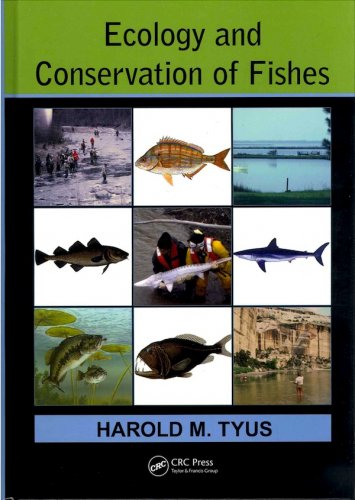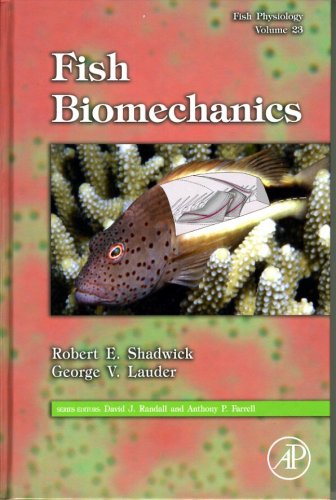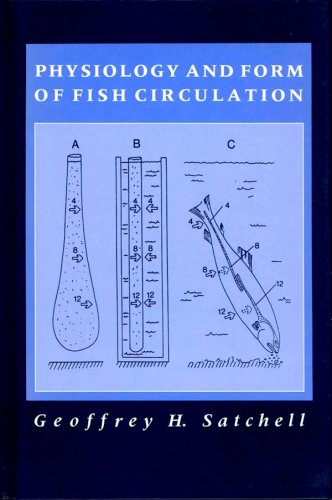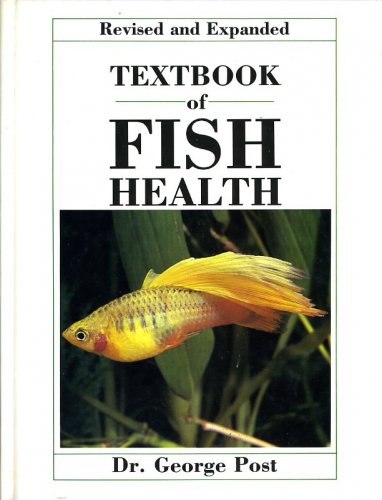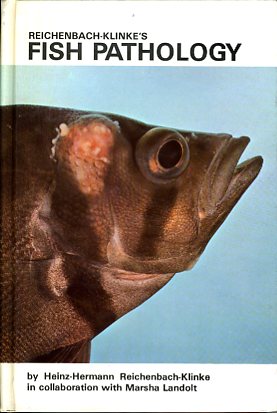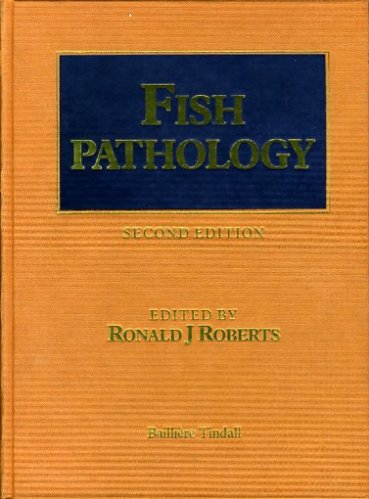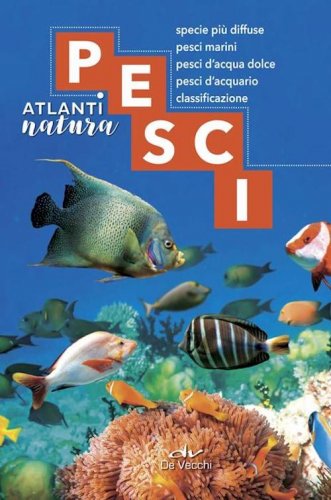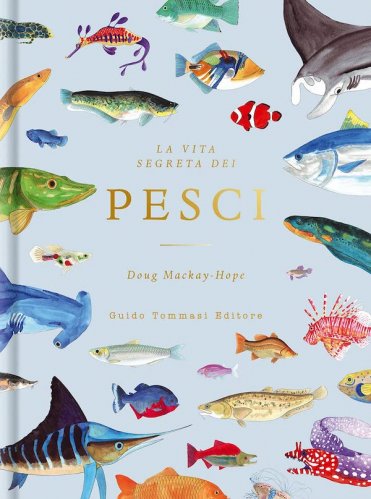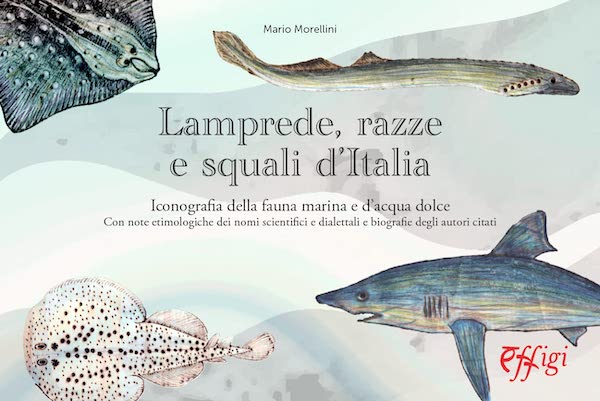Ecology and conservation of fishes
Ecology and conservation of fishes
- Disponibile in 7 giorni
- Possibilità di reso entro 10 giorni lavorativi
- Transazione sicura con carta di credito, Paypal o bonifico bancario
- Spedizione tracciata con SDA
Written as a stand-alone textbook for students and a useful reference for professionals in government and private agencies, academic institutions, and consultants, Ecology and Conservation of Fishes provides broad, comprehensive, and systematic coverage of all aquatic systems from the mountains to the oceans. The book begins with overview discussions on the ecology, evolution, and diversity of fishes. It moves on to address freshwater, estuarine, and marine ecosystems and identifies factors that affect the distribution and abundance of fishes. It then examines the adaptations of fishes as a response to constraints posed in ecosystems. The book concludes with four chapters on applied ecology to discuss the critical issues of management, conservation, biodiversity crises, and climate change. Major marine fisheries have collapsed, and there are worldwide declines in freshwater fish populations. Fishery scientists and managers must become more effective at understanding and dealing with resource issues. If not, fish species, communities, and entire ecosystems will continue to decline as habitats change and species are lost. Ecology and Conservation of Fishes has taken a historical and functional approach to explain how we got where we are, providing old and new with a better foundation as ecologists and conservationists, and most importantly, it awakens senses of purpose and need. Past management practices are reviewed, present programs considered, and the need for incorporating principles of applied ecology in future practices is emphasized.

